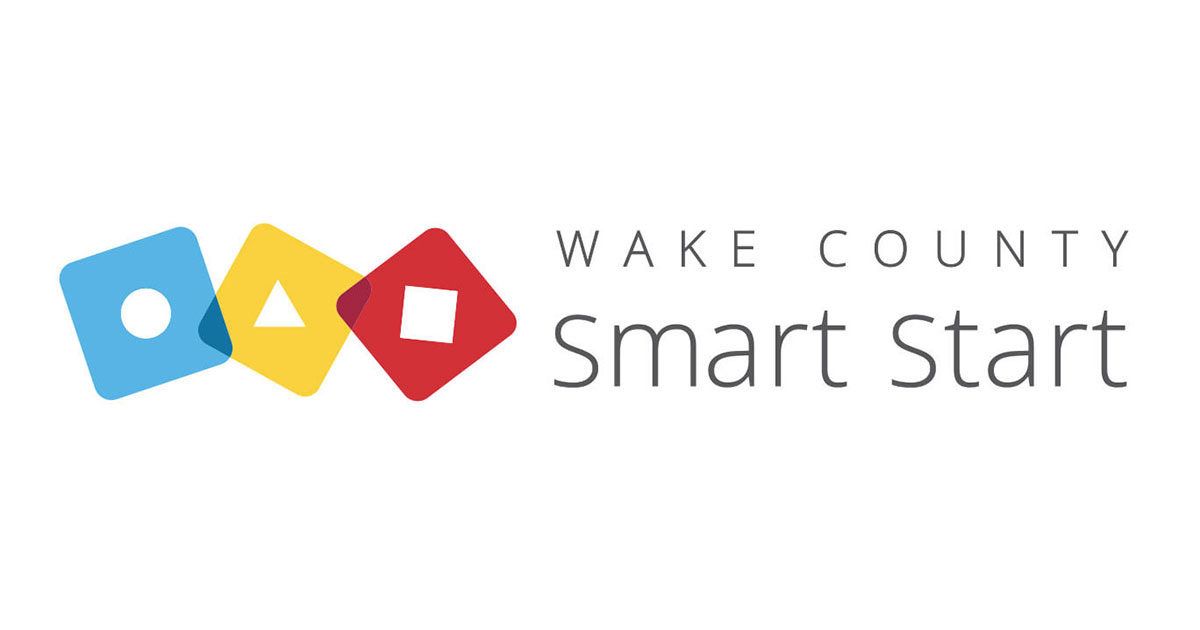County’s Smart Start and Wake 3-School Early Childhood Programs Face Rising Demand, Financial Pressure
Smart Start manages early childhood education efforts for three- and four-year-olds in partnership with Wake County Public Schools, Head Start, and private childcare providers.
Holly Springs, NC, Mar. 25, 2025 — Wake County’s Smart Start and Wake 3-School programs continue to serve hundreds of young children each year. Still, leaders are grappling with increasing demand, behavioral challenges, and financial constraints that may limit the programs’ future growth and sustainability. These issues were the focus of a March 24, 2025, meeting of the Wake County Education Committee, where commissioners and staff discussed the impact and outlook of the county’s early education initiatives.
Program Overview and Enrollment
Smart Start manages early childhood education efforts for three- and four-year-olds in partnership with Wake County Public Schools, Head Start, and private childcare providers. In the current school year, 1,532 four-year-olds are being served in NC Pre-K programs and 300 three-year-olds in the Wake 3-School initiative.
Children qualify for these programs based on income and additional risk factors, such as homelessness or foster care placement. Applications are processed through a single centralized system, which has helped simplify the enrollment process for families and revealed just how high demand has become. As of early March, over 4,500 Pre-K applications had been submitted for the current school year, far exceeding the available seats. Even among qualified applicants, hundreds remain on a waitlist.
Funding Sources and Budget Requests
The programs are funded primarily through public sources. Wake County provides about one-quarter of the Smart Start budget, while the state contributes over 70%, primarily through NC Pre-K and childcare subsidy funds. Private philanthropy accounts for just 3% of funding, though Smart Start is actively working to grow that share.
For fiscal year 2026, Smart Start has requested an increase of approximately $403,000 for the Pre-K program and $439,000 for Wake 3-School. These funds would be used to raise teacher pay, cover staffing and operational costs, and support behavioral health resources in classrooms. Leaders noted that competitive teacher salaries are essential for retaining qualified staff and ensuring program consistency across public and private providers.
Educational Outcomes
Both programs assess children’s development using a nationally recognized Teaching Strategies GOLD system. This tool tracks growth in key areas like literacy, math, physical development, and social-emotional skills. The Pre-K program shows strong outcomes, with children generally meeting or exceeding expectations by the end of the school year. The 3-School program, while newer and serving younger children, also tracks progress in these areas but tends to report slightly lower performance due to participants' age and experience level.
Public Feedback and Community Concerns
During the public comment portion of the meeting, commissioners and attendees voiced several concerns. Several focused on the large gap between applications received and children placed, particularly the number of eligible children who cannot be served due to capacity constraints.
There was also interest in understanding how income thresholds are calculated and how many applicants fall into middle-income brackets just above current eligibility levels. Some expressed concerns about families being discouraged from applying due to immigration-related fears or federal policies and asked for future updates on whether participation is being affected.
Behavioral health emerged as a significant concern, especially within the Wake 3-School program. Providers are increasingly reporting challenges related to emotional and behavioral dysregulation among three-year-olds, and some have signaled reluctance to continue offering the program if additional support is not provided. In response, Smart Start is pursuing partnerships with colleges and community organizations to bring more trained personnel into classrooms, including social-emotional learning specialists and behavioral interventionists.
Outlook and Next Steps
At this time, Smart Start is not planning to expand the number of 3-School slots, instead prioritizing quality, staff retention, and provider support. Program leaders emphasized that the integrity of the program and the well-being of children and teachers must come first.
While public funding remains essential, Smart Start also works to increase philanthropic contributions. Fundraising goals for 2025 have been set at $175,000, and there are early signs of increased support from corporate sponsors and foundations.
Committee members expressed broad support for the work, highlighting early childhood education's long-term benefits. The programs continue to be seen as a vital investment in Wake County’s future, but one that will require careful planning and sustained funding to meet growing demand.
For more enrollment information or to support Smart Start and Wake 3-School, visit Wake County Smart Start online or contact the Office of Early Childhood Initiatives.

